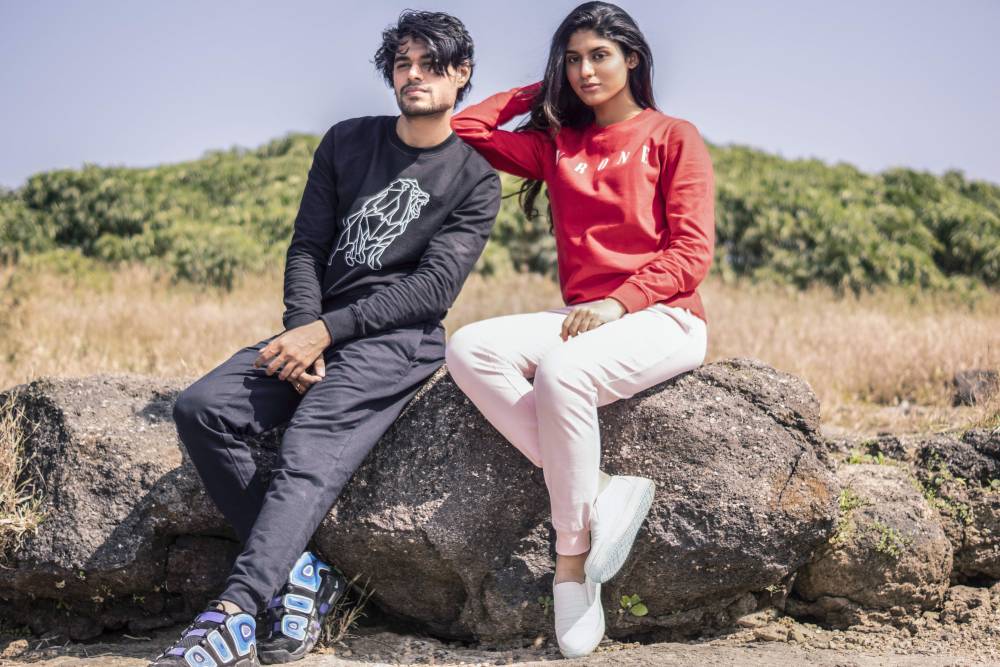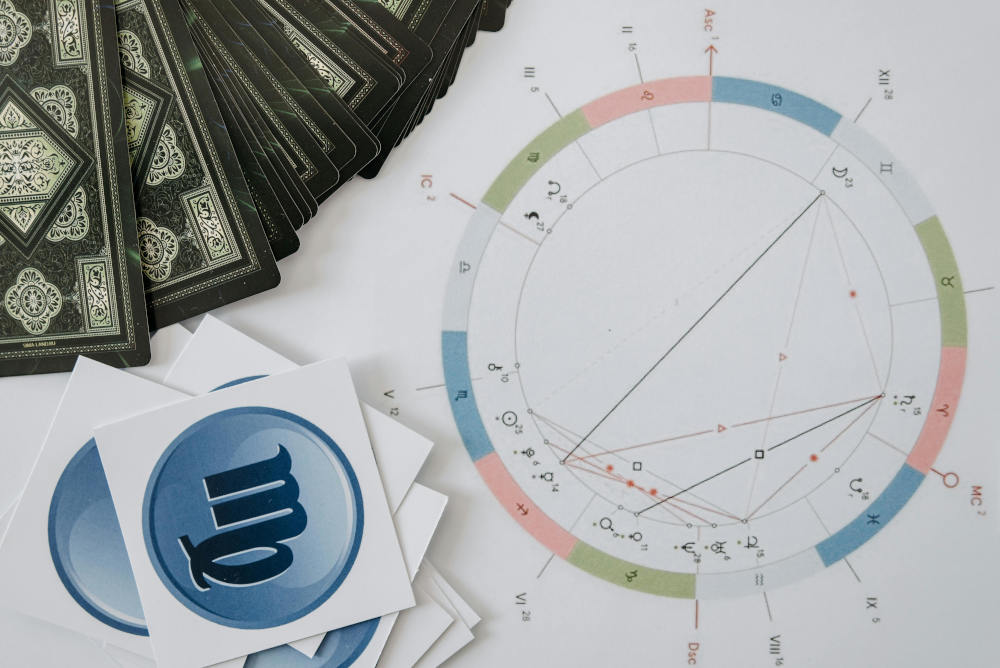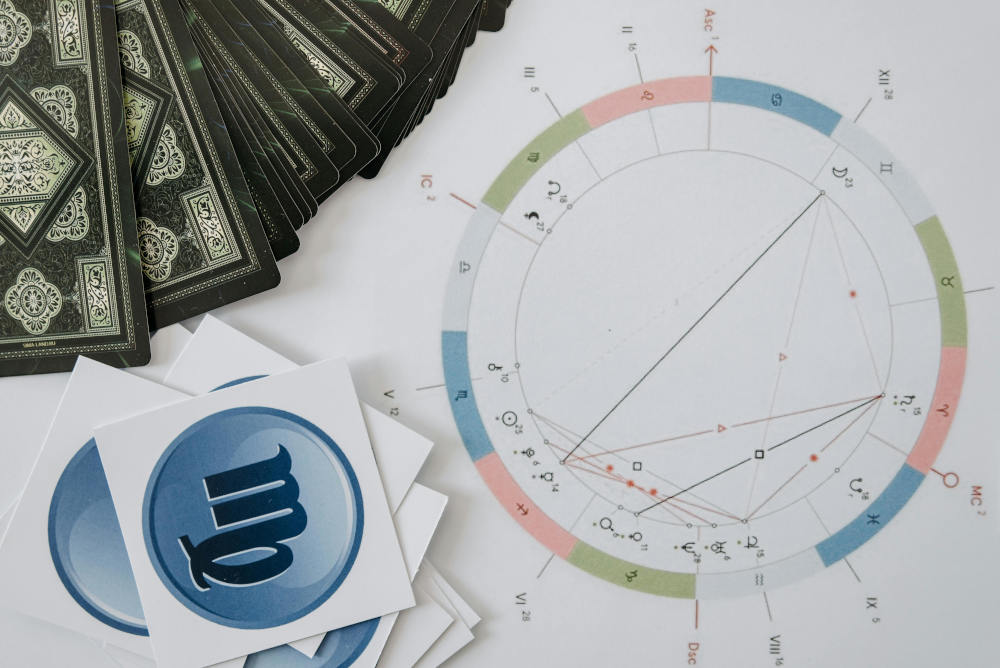
VRONE is a sustainable fashion label that mixes sustainability with Indian streetwear. VRONE founder Varun Bansal launched its first collection titled "Nature is the Future" in November 2020.
VRONE creates a unique clothing style with limited pieces to promote the concept of buying less. The first collection showcases comfy, loungewear outfits made of cotton.
Sustainable fashion is a priority for the apparel industry. And it's very encouraging to see new brands make consistent efforts to offer eco-friendly fashion products without compromising style or price.
Panaprium is independent and reader supported. If you buy something through our link, we may earn a commission. If you can, please support us on a monthly basis. It takes less than a minute to set up, and you will be making a big impact every single month. Thank you!
Exclusively Natural Materials
"At VRONE, we have pledged not to use polyester or any non-biodegradable materials in our collections, and also, we have cut off the use of plastic in any form.
We will also be looking at launching seasonal collections with limited and exclusive pieces. This also streamlines our agenda of buying less and will end up leading to less discarding due to the use of sturdy fabrics in production processes.
Apart from the eco-conscious approach, we also want to work towards being socially conscious within our streams of production. Less environmental pollution leads to a cleaner and safer society for individuals to reside in."
- Varun Bansal, VRONE founder
COVID-19 And Sustainable Fashion
Especially after the coronavirus pandemic, it's crucial to foster change in the way we produce and consume clothes.
The COVID-19 crisis has hit the global textile and apparel industry hard. It has shut down businesses, retail stores, garment factories, and millions of people lost their livelihood.
Thankfully, many fashion brands and retailers are now slowly recovering. And the fashion world is getting better and more sustainable. Varun Bansal explains:
"In times of the overriding pandemic, and even moving forth, we will work towards giving the craftsmen behind the clothes the importance and security, along with the recognition they deserve.
We envision the use of sustainable fabrics in every genre of the fashion business to become a norm and not a choice for retailers."
The Rise Of Conscious Consumerism
The fashion industry is changed forever, influenced by increasing environmental awareness and climate urgency. Sustainability is becoming a priority for consumers. And clothing brands need to make changes.
Conscious consumerism is rising. Consumers are asking for more transparency, accountability, and sustainability. More people are concerned with the impact of fashion on the planet, people, and animals.
As a consumer, you have the power to drive change in the fashion industry. You vote with your money each time you choose what clothes to buy. So support ethical fashion businesses that implement sustainability practices into their daily operations.
Saying No To Fast Fashion
Fast fashion and the culture of instant gratification has been too influential in our modern societies. It has been growing exponentially over the last 20 years and remains a successful business model today despite many critics.
This phenomenon is the largest contributor to growth in the fashion industry. But its drawbacks are becoming clearer by the day, including an enormous cost to human health, animals, and the planet.
Varun Bansal is convinced that consumers play a huge role in the fashion industry's transformation. He further clarifies:
"We, as buyers, have not been very conscious when it comes to our buying patterns within the fashion stream. We are partaking in this tornado of constantly changing trends and the need to stay updated and relevant, but at what cost?
Fast fashion supports the glamour and glitz that is the fashion industry, encouraging constantly changing trends, clothes that don't last more than five to seven washes but are conversely designed to give us a sense of confidence.
Sadly, all this comes at a great cost to the environment, since fast-fashion retailers use non-biodegradable materials in their endless collections and depleting the Earth of its resources for every garment that is put on those fast-selling racks in a bid to cut costs and work towards skyrocketing profits.
Our production processes have increased by 200 times in the last 15-16 years, and consumers must pause and assess if the implications of their buying habits are worth it. The notion that needs to be popularized among our consumers, no matter the age bracket, is to Buy Less and Buy Smart as every purchase matters, and every product counts."
Was this article helpful to you? Please tell us what you liked or didn't like in the comments below.
About the Author: Alex Assoune
What We're Up Against
Multinational corporations overproducing cheap products in the poorest countries.
Huge factories with sweatshop-like conditions underpaying workers.
Media conglomerates promoting unethical, unsustainable products.
Bad actors encouraging overconsumption through oblivious behavior.
- - - -
Thankfully, we've got our supporters, including you.
Panaprium is funded by readers like you who want to join us in our mission to make the world entirely sustainable.
If you can, please support us on a monthly basis. It takes less than a minute to set up, and you will be making a big impact every single month. Thank you.































0 comments